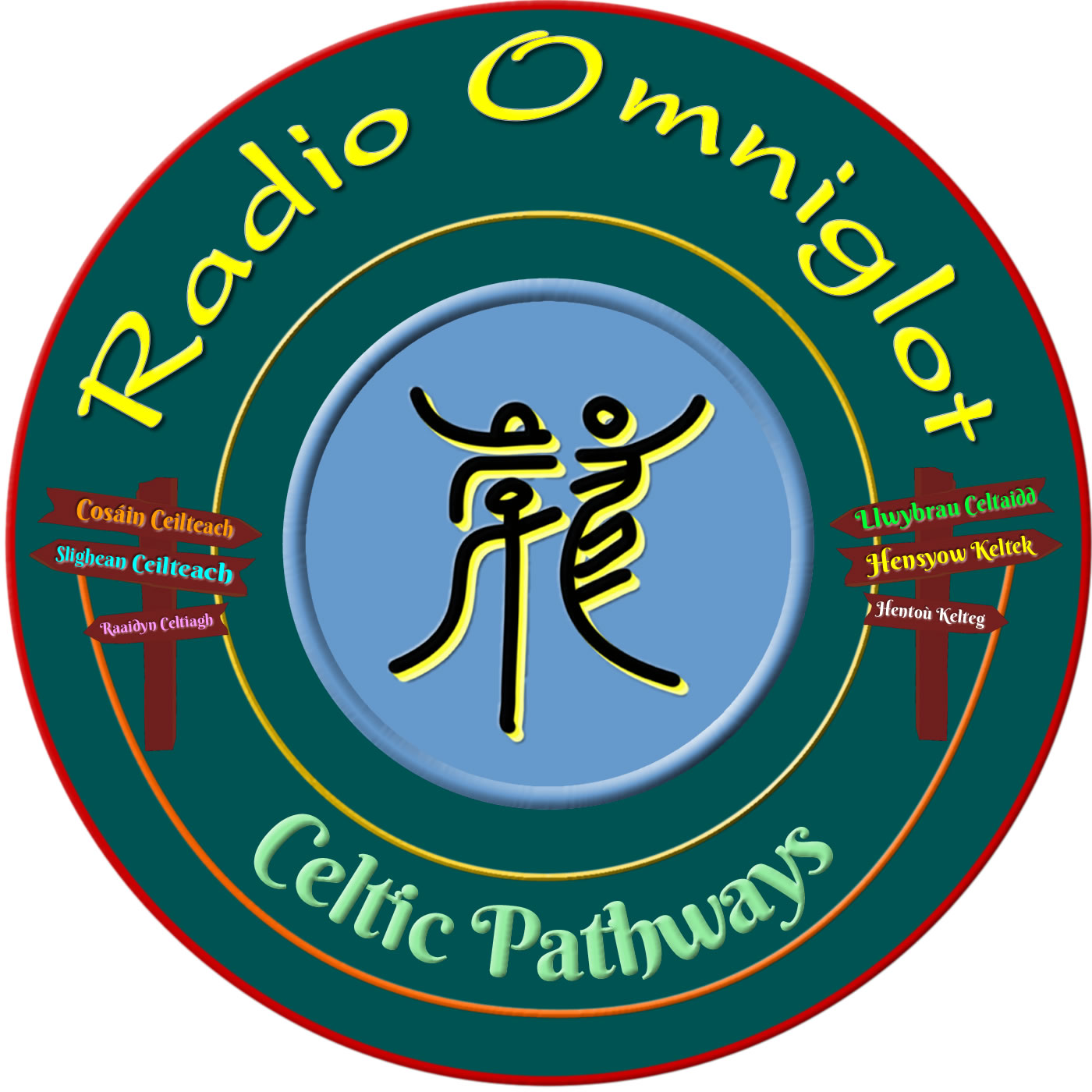

In this episode we find connections between Celtic bills and beaks, and chisels and gouges in other languages.
A gouge [ɡaʊdʒ] is a chisel with a curved blade for cutting or scooping channels, grooves, or holes in wood, stone, etc.
The word comes from Middle English gouge (gouge), from Old French gouge (gouge), from Late Latin goia / gu(l)bia (chisel, piercer), from Gaulish *gulbiā (beak, bill), from Proto-Celtic *gulbā / *gulbīnos (beak, bill) [source].
Related words in the modern Celtic languages include:
- gulba = beak, bill, tip, point, projection in Irish
- gulb [gul̪ˠub] = beak, nose in Scottish Gaelic
- gylf = sharp point, knife, bird’s beak or snout in Welsh
- gelvin = beak, bill in Cornish
- gwlib = curlew, whimbrel (?) in Breton
Other words from the same Proto-Celtic roots, via Gaulish and Latin, include gulbia (gouge) in Galician, gubia (gouge) in Spanish, gorbia (ferrule*) in Italian [source].
*A ferrule is band or cap (usually metal) placed around a shaft to reinforce it or to prevent splitting [source].
Incidentally, the word chisel comes from Old Northern French c(h)isel (cutting tool, chisel), from cisoir (cutting tool), from Late Latin cīsōrium (cutting instrument), from Latin caedō (to cut, hew, fell), from Proto-Italic *kaidō, from PIE *kh₂eyd- (to cut, hew) [source].
Words from the same roots include cement, concise, decide, excise, hit, incision, precise and scissors in English; and hitta (to find, locate) in Swedish [source].
More about words for Beaks and Snouts and related things in Celtic languages.
You can find more connections between Celtic languages on the Celtiadur blog. I also write about words, etymology and other language-related topics on the

